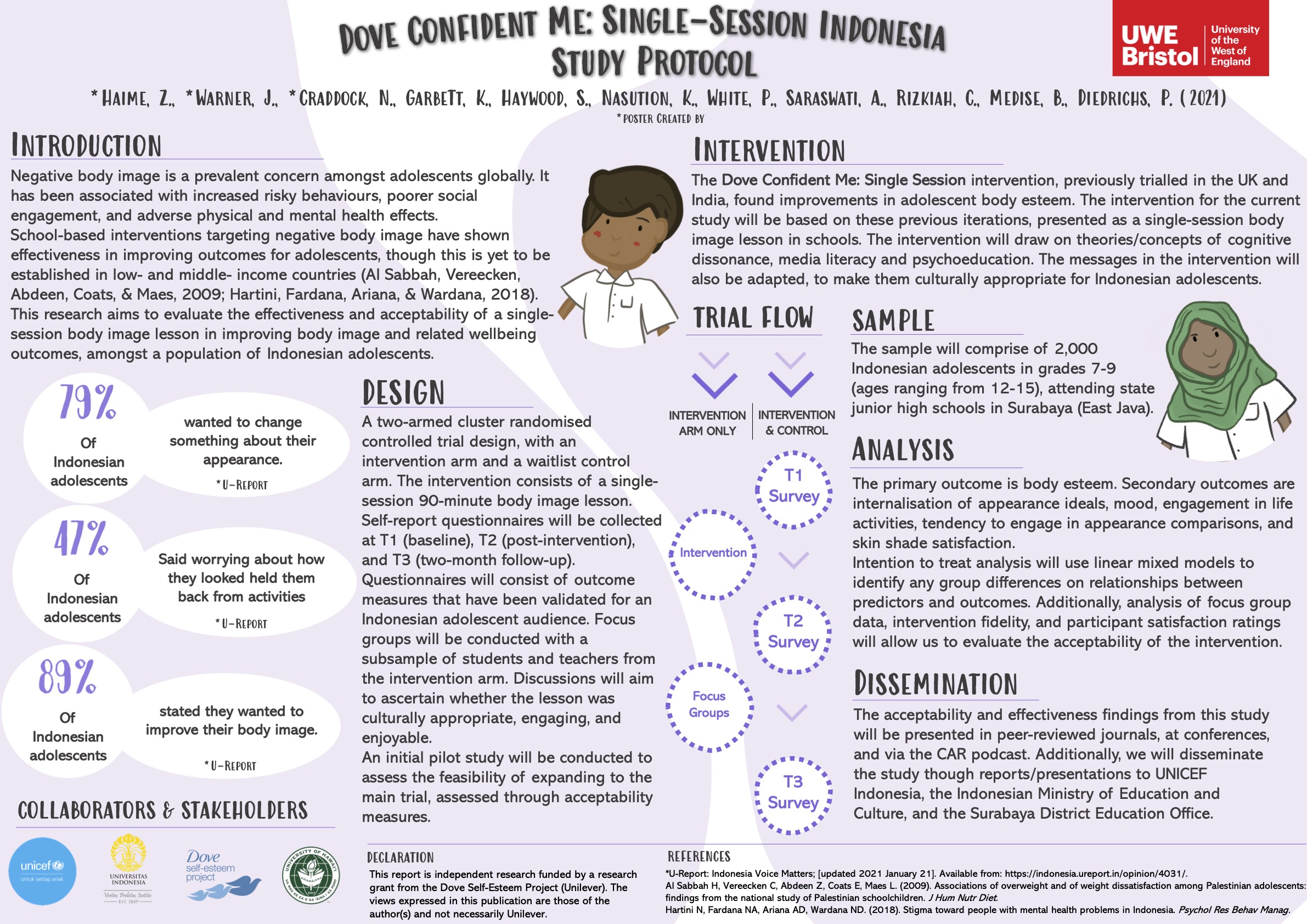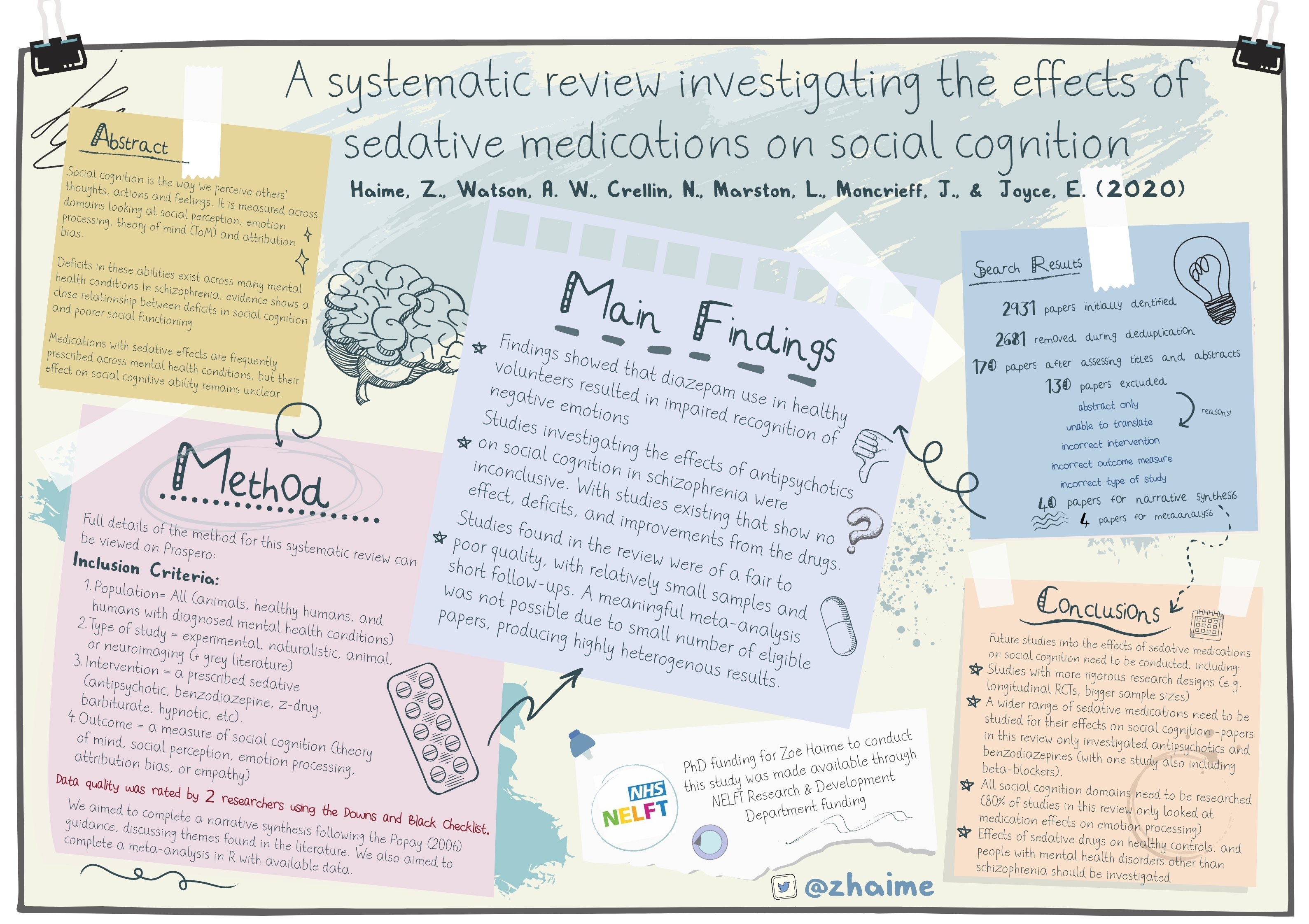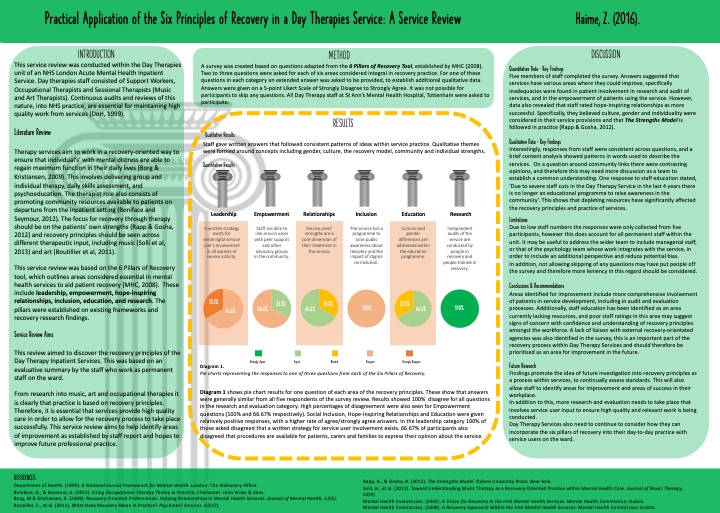Dr Zoë Haime is an interdisciplinary mental health researcher with expertise in psychiatry, psychology, and digital health.
Her work explores the complex relationship between online activity and wellbeing, particularly amongst young people and individuals with mental health difficulties.
Drawing on participatory and creative methods, her research examines how digital environments shape users’ wellbeing, identity, and experiences of support. Beyond social media use, she is interested in how technology design, clinical practice, and policy intersect to influence digital mental health care, aiming to inform safer, more supportive, and inclusive digital ecosystems.
Interests
- Service User Experience
- Digital Mental Health
- Creative Research Methods
Education
PhD in Psychiatry
University College London
PGDiP Mental Health Practice
Middlesex University
MSc Functional Neuroimaging
Brunel University
BSc Psychology
University of Plymouth












